Let’s go all the way back to the beginning. When did you first begin playing Counter-Strike? Which versions did you play? How serious were you before CS:GO?
flusha: I first started playing when I was about seven or eight years old, but I don’t really know what versions I played back then since I was so young and it was just fun “shooting people.” I didn’t really know there was a scene within Counter-Strike until like 2008 and I didn’t really think a lot about it until 2010-2011, when I started to actually get into playing with a team and getting some structured play instead of just playing mixes and gathers. But I did never really commit to making an effort in 1.6 since the game felt like it was a dead end for quite some time.
Your team Epsilon was early on considered a group of onliners, but your showings at Copenhagen Games and DreamHack Summer put a stop to it. How did you see your team before those successes?
flusha: It was hard to see my team as anything other than just a long shot, like it usually is with a lot of inexperienced LAN players. The difference between playing offline and online can be huge for some players while for others there is no difference. Within this team there was something else other than just shooting at heads, we actually had a lot of structure and we didn’t like to rely on mostly skill and that made us have a lot more confidence when we actually got to the offline events, I think. The online reputation is something that a new, unproven team is almost always going to get thrown at them, no matter what has happened or not happened in the past.
You used berg in Copenhagen, and cENTRYZ at DreamHack, but went with MODDII once you joined Fnatic – with the core remaining the same. What was the reasoning behind this? Why have we not seen more of cENTRYZ since?
flusha: The reason behind all of this was that we needed an in-game leader on the team since I was really reluctant to calling. We couldn’t bring in MODDII at the time as he was going to attend DreamHack, so we had to get a stand-in for DH since berg had some motivational issues at the time and we couldn’t practice properly. So we brought in cENTRYZ to play with us for one or two weeks because most of us knew him well and we meshed really well with him.
We had told him before that he isn’t going to get a spot on the team for sure since we had talked to MODDII before and we had agreed to bring him in if his team (fnatic) performed poorly at DreamHack. The big reason for bringing MODDII into the team was that he was going to be the IGL and also he would bring a lot of experience that we could learn from, and we also pretty much knew that we would get picked up by Fnatic if we brought in MODDII and he talked to Fnatic about picking us up.
Why we haven’t seen cENTRYZ after his showing with us I don’t really know, because he was one of those players that always listened and you could rely on him to do the thing you told him to do. He was really easy to play with and maybe he wasn’t the most skilled player but he was definitely a good addition to any team at that time.
cENTRYZ helped then-Epsilon to a second place finish at DreamHack Summer 2013. Despite some good matches, including the infamous NiP upset in Bucharest, your team mostly failed to perform before bringing in pronax. Can you talk about how you felt as a team during those months?
flusha: I don’t remember a lot about the time with MODDII, but we had a lot of obstacles to get over to actually get some good practice together. And when we actually had time to practice, it was almost always irresponsible scrims or it ended in heated arguments that made us not get anywhere as a team. I think that was the main problem in our team, we never really got started and improved together, it was mostly chaos from the start.
With pronax onboard, you went from months of disappointment to a major championship, with a quiet second place finish at MSI Beat It in-between. How could you improve so fast?
flusha: So many things changed with getting pronax onboard, some examples would be a big motivational boost, structured practicing and a player who actually wanted to be the in-game leader. One of the other reasons was that we also changed a player that took a lot of initiatives to a more passive player who could support the other players who also wanted to do more aggressive things. Other than that, I think we had great synergy right away and the three main “star players” of our team (flusha, JW, schneider) actually played really well at both the MSI event and the Major, leading to us getting to play our confident playstyle.
You were a round away from beating LGB and making top four at EMS One Katowice, but ultimately had a very forgettable run until bringing on olofmeister and KRiMZ. What was missing in the team? Do you agree with pronax’s thoughts on the pressure being gone being what allowed you to beat NiP in the Swedish Championship final?
flusha: Mainly we were missing firepower; unless two of us (flusha, JW, schneider) played well, we would probably not win a match. It’s just as pronax said, we had absolutely no pressure when playing against NiP in the Swedish Championship final. I don’t think we said before the final that changes are going to happen but I’m pretty sure everyone had the same thoughts.
In a separate interview pronax said he wanted to recruit twist instead of KRiMZ. In a hypothetical scenario, how do you think twist would have fit in fnatic? How different would your roles have looked like?
flusha: I don’t think twist would have fit with the team at all if we had recruited him instead of KRiMZ, as there would have been a lot more clashes role-wise. In my opinion, we needed a more passive player such as cENTRYZ, who was my and JW’s suggestion, but when olofmeister said that KRiMZ was the best team player he had ever played with, we decided to bring him in instead.
Devilwalk’s removal makes sense on skill-level, but what was the reason behind removing schneider at the time? Skillwise, it seems he could be up there even now with anyone.
flusha: We were missing decent practice, and that was because the trio (again flusha, JW, schneider) had too much fun when we were practicing and that led to us not being very serious in the scrims we played. This was the main reason why schneider was replaced; he fit in very well with the team, but I think we couldn’t keep the three of us together since we couldn’t focus properly then.
When adding olofmeister and KRiMZ, did you work harder than other teams at the time, or did everything simply click from the get-go?
flusha: We never worked harder than other teams, we just practiced consistently: four to six hours per day, five days a week. While on the other team we could play eight to ten hours one day and two or three another day, and most of those hours would be useless. And I don’t remember if things clicked from the get-go, but we definitely improved each and every day we played together, some things were clear as day while for other things we had to try out new things.
Can you offer any alternative explanations to your winning streak over LDLC in late 2014 than pronax’s thoughts that “you could do everything better”? Anything specific you can point to?
flusha: In my opinion pronax is correct about the “we could do everything better” part, but also I think if we did something bad when we tried to remove the mistakes we did and actually improve faster, while in my eyes I feel like the French teams take it more “casual”. Also, I’m pretty sure we were inside their heads psychologically and they overthought everything we did.
You’re the all-time best player at the majors, statistically speaking. On top of that, you’ve also won the most majors ever, together with JW and pronax. How differently do you approach the majors, compared to regular events? How much more effort can you realistically put into preparation than you already do anyway?
flusha: My approach to majors is very different compared to regular events in my eyes. I don’t do much else than play CS:GO for two weeks, from two to three hours after I wake up until two to three hours before I go to sleep, which would be around 10-12 hours each day. Also, I don’t touch another game at that point to make my muscle memory only know CS:GO. I could probably put a lot more effort into my preparation than I do know, regarding checking out opponents and actually seeing what they do as individuals in terms of positioning, tendencies and movement, though.
Since you started as fnatic’s in-game leader, first on-and-off for pronax and then full-time, we’ve learned a new side of you as a player. Have you always thought a lot about the game, or was it something you slowly built up? Which leaders have you learned, or picked up, the most from?
flusha: I have always had the logical thinking in my brain and by just thinking logically in CS:GO, you almost always have an idea on where the opponent players “should be” when you do consecutive kills or actions, which makes them do rotations. It is not specifically leaders I pick up things from, every single player I have had in my teams I’m pretty sure I have learned something from, as long as you keep watching your own teammates you will pick up on things. But by having pronax in my team I mostly picked up on how to lead a team by playing a loose playstyle.
How much did the witch hunt honestly affect you? You seem like the kind of guy with thick skin, but Devilwalk’s tweet at the time made it seem it perhaps took a larger toll on you than most believe?
flusha: Honestly the witch hunt did never affect me much, actually it affected only the first game of the DreamHack Winter 2014 tournament (against South-Africans, luckily), where I was actually nervous about playing for one of the only times in my career. Devilwalk’s tweet was actually regarding other players in my team after the infamous boost that happened, but the tweet was just bullshit really, we had some small talks within the team about us and the future and at that point most of our team was pretty heated in what was said and thought, we just needed some time away from CS:GO really.
I stand by my word , when all of u figure out what u have done…I pray to GOD u can live with yourselves!
— Jonatan Lundberg (@DevilwalkCSGOD) November 30, 2014
Aside from having great players and working hard, to what do you account your success to with fnatic? How can you possibly be so successful, so consistently, over such a long period of time?
flusha: I think we just have great mental strength, even though we won a lot, we always thought “why should we stop winning more”? There was never any end to why we should stop trying to be the best, and not all players will keep thinking like that. Other than that, we relied mostly on out-skilling opponents, for which there is not really an anti-strat against, making us harder to beat, and we don’t need to renew our game as often.
Considering your leadership qualities and statistics at the majors, it would seem you are headed towards the kind of career few dream of. Most consider f0rest incredibly talented, whereas GeT_RiGhT’s success is usually accepted as coming from hard work. Where do you see yourself on the spectrum?
flusha: I would say 50-50, sure I think I work hard, but I feel like I could do so much more… But the laziness is strong.
When was the first time pronax openly thought about quitting? Was there a period of time where it seemed as if you were wasting time, given you knew he was going to quit but were, effectively, only waiting for it to happen, whether you wanted it or not?
flusha: He never openly told us he thought about quitting actually, but we all could see that he was not as motivated as he was back in the day when we started out. The first time we actually got to know about it was before the DreamHack Open Cluj-Napoca Major, where we went to without a lot of confidence in my opinion, even though we were recognized as the #1 team.
What changed one year ago when astralis, then TSM, suddenly became the best team? Looking back, why were they able to consistently beat you in the spring? And why did it end so abruptly in the summer?
flusha: Honestly we didn’t change up our terrorist side enough when we were playing against TSM. We had passive terrorist sides where we spread out and waited for the opponent’s mistakes, and their counter-terrorist plans at that time mostly consisted of them staying defensively in sites and never over-rotating, which directly countered our game plan. It should have been simple to beat them if we just played more aggressively together like a mix, but we never did that.
You memorably donated your IOS Pantamera winnings to fund the trip of Keyd Stars, now Luminosity, to the ESL One Katowice qualifier. Beyond wanting to help people you were familiar with, why did you do it?
flusha: I wanted to bring more attention to their fundraising to actually get to go to the qualifier, they won a map convincingly over us at a shitty North American event, when we were supposed to be a top three team and one of the best on mirage. I wanted them to get a chance to actually break in to the CS:GO scene, and if they would do it we would get a lot more popularity to CS:GO by getting a team from South America involved. That’s why I tried to help out Luminosity, and that’s why I tried to help Space Soldiers to get into FPL – we need more teams from different countries, which will make CS:GO expand even more, making me earn something by doing it as well :).
Another reason why I donated my Pantamera winnings was because I really didn’t feel like we should have earned that prize, as we did not practice for like three weeks before that event, played poorly at the event, and still won.
When pronax decided to quit, who were the players you considered adding? Was for example twist again on the table, or did you consider bringing rain in? Why did you ultimately decide on dennis?
flusha: dennis was our first consideration, second was rain, and since both were playing in the same team dennis was pretty much THE option. We all agreed on him and he also really wanted to play with us.
How would you describe the playing styles of fnatic, Na`Vi, Luminosity, NiP and astralis to someone who understood CS but wasn’t familiar with them? What are the strengths and weaknesses of each?
flusha: fnatic: Loose and simple playstyle, trying to exploit opponents’ weaknesses and mistakes, very reliant on skill with a few set plays. If many players have a bad day it could affect us all heavily, luckily enough it pretty much never happens.
Na`Vi: Strict playstyle, relying on GuardiaN’s AWP maybe a little too much, they like to take control over parts of the map using a very slowly-paced style. Not the most skillful team, and one big play from the opponents will pretty much ruin the round for them.
Luminosity: Very adaptable and diverse team, they can play either a defensive or an aggressive style depending on their opponents. The most dedicated and hardworking team for sure, and Luminosity has the best leader in the world in my opinion. Their weakness would probably be their inexperience which can make them stressed and make stupid mistakes, and I think it would be easy to get into their heads.
NiP: Patience, that’s what their game is right now, they will wait so long that you think they have disconnected. A lot of set plays nowadays. Their weakness would be if a team studies them, you know their every move pretty much, and you won’t get any surprises from them right now.
astralis: astralis is a little bit of a mind game, they will often take risks when they take peeks at an area to try to guess their way with the small amount of information they get and try to stack the bombsite they think will be attacked. Their weakness would be if a team has patience against them and throws a lot of fakes towards them in my opinion.
What did Devilwalk do as your coach, and what is vuggo currently in charge of? Would you ever consider letting a coach lead your team full-time, to allow you to concentrate fully on playing?
flusha: Honestly, Devilwalk was mainly our manager rather than our coach, he took care of players’ needs, traveling information and so on. vuggo is helping ata analyzing, building rounds and also pointing out mistakes we do during any scrims/official matches, while acting as a manager as well. Currently vuggo is actually leading our team, as I was tired of calling. I need to play without focusing on leading my team for a while and I’m sure vuggo can lead the team without any problems as long as I help out at times.
When did you first find out about olofmeister’s injury? I understand you’re still unaware when he can return. How does it feel mentally competing with wenton, knowing you’re effectively handicapped against your main competition just as CS is getting larger and larger?
flusha: We first found out about olofmeisters injury a few weeks before Katowice I believe, so he fought through two events before actually having to take a break. It definitely is a setback to have to “replace” a player mid-season with a lot of leagues and tournaments going on, and at the same time try to rebuild your structure and maybe change some roles. But with that said, wenton is not a bad player and we are confident we will keep fighting as a top three team while olofmeister is away, we just have to suck it up and keep being motivated to show everyone we still want to be the best, and that we can be the best.
What’s your reaction when you hear players from well-backed organizations complain about lack of motivation? How big of an issue for competition do you see streaming being, considering the amounts of money some players can make purely through publicity, without results?
flusha: All players involved in the pro scene probably started with the winning mentality but it has probably faded for some since the income from salaries/streaming could be a lot without even placing well at tournaments. Players who are complaining about lack of motivation should really stop bringing their team down if they never play to actually improve and win things.
Sure, I get that you have some days or weeks where you can’t find motivation at all for CS, it happens for me at times as well, but I always get it back within days. But if you can’t feel motivated for CS for months, then you should really think about quitting/leaving your team. Streaming should never be an issue for competition as long as the streamer has the winning mentality and always puts his team before his stream.
What do you think about how Valve generally runs their ship? Do you wish they communicated more with players, especially with regards to changes to map pool? How do you feel about the player rule restricting Kjaerbye from playing with astralis at ESL One Cologne?
flusha: I don’t agree with how Valve makes some decisions, even though as a community we don’t like changes, we sometimes see very strange decisions from valve. I think the player rule should be reviewed by Valve and they should look at every case differently and see if it’s a “bullshit move” or if it is legit, which the one astralis did is. Kjaerbye should be allowed to play with astralis at ESL One Cologne in my opinion.
What do you think about the map pool changes? Do you like there being minor changes at once, or how would it work in your ideal world? Are there any maps you would remove right now, how many maps would you want in the pool, and what do you think about replacing inferno with nuke?
flusha: The map pool changes are happening too suddenly, every time they want to bring a new map in it is full of flaws, and instead of fixing the map first and then implementing it they do it the other way around. In my ideal world it would be the opposite, and Valve should really ask the top tier teams what map they feel like does not fit in as a good map instead of making those decisions alone.
A seven map-pool is perfect in my opinion; it is not too many or too few, and people who want less need to shut up and practice harder. The -inferno +nuke swap is something that boggles my mind, since basically most of the professional top matches are being decided on inferno and it’s probably the most exciting and tactical map.
In my opinion, cobblestone is the map that does not really fit the map pool right now, it just has a really shitty layout overall, no possibilities for aggression as CTs, worst rotations possible and so on. I can’t spectate a match that’s happening on cobblestone, my eyes start bleeding every time.
fnatic has attended as many events as anyone. What’s your take on the current situation in terms of the number of events out there? What would be, in your opinion, the optimal number of events in a year? What about online leagues, how do you feel about how many exist, and how important they are today?
flusha: I feel like 2015 was a lot worse in terms of events, while in 2016 so far there have been less small events but more big ones. The optimal number of events in a year would probably be around 15-20, one or two a month and where teams actually can decide to skip an event if needed. Online leagues have been good lately, as they did not cross into each other’s schedule and you actually could practice a lot in the weeks as well. The leagues are important as long as you qualify to an offline event, otherwise they would be useless.
Many say they play x hours of CS:GO a day, and fans believe most pros play even more. But you alluded to there being effective, and ineffective practice earlier. Realistically, how many hours of productive practice do you think the average pro puts in today?
flusha: It all depends on personalities of teams and how motivational their minds are, a really dedicated tier two team might put in seven to eight hours of productive practice a day while some other really undedicated tier one team would put in maybe two to three hours of productive practice. But I would guess four hours a day would be productive for the average pro today, and maybe before majors or other big events that you get more motivated which probably gets to an average of six hours a day.
Are there any upcoming players or teams you think will break through in 2016? Specifically, what do you think about G2’s recent improvements? On the other hand, do you see any top teams declining enough to fall out of the top ten more permanently?
flusha: bodyy of G2 has been really good lately, he was a really good pickup for G2, even though I think they are in the honeymoon phase right now and they will start declining from how good they have been playing lately.
Other than G2, I would say NiP might start falling behind again after their short stint of success, they can’t play on the patience card for long since all teams will know how to counter that easily. It’s hard to say if any top teams could fall out of the top ten since things happen so quickly in the scene, any player swaps can make a team so much better or worse so there’s never any sure answer to that.
It seems you’re a more thick-skinned guy, and do not get bothered by what’s written online. But how different is this among players in general, in your opinion?
flusha: I think it’s about 50/50 in the pro scene, some of my teammates I have had through the years have gotten affected by things they read, but when you are playing in fnatic you will get more shit thrown at you than any other team. Or at least it was like that before, but all of my team has experienced that already so it can’t really affect us anymore.
You’re obviously only 22, but have you yet thought about what you want to do later on in life? Is esports a passion of yours you want to be involved with after your playing career ends?
flusha: I take it one day at a time, have never really thought about the future or what I want to do after the playing career.
It’s a given your team has enough skill to make up for olofmeister’s absence, but how much do you need to change your game to make the puzzle pieces fit? In addition, how hard will it be for your core to actively step up, knowing more is needed from them individually, consistently, until he is back?
flusha: wenton is a very easy player to play with, he can play in many roles and adapts really well to how we want to play. We have five world class players that can step up anytime, that has never been a problem, with or without olofmeister. It is really our mindset that changed after we started playing without olofmeister and maybe some players in my team overthought the situation and started to make different decisions than before.
Follow GAMURS’s @lurppis_ on Twitter.
Photo credits here.


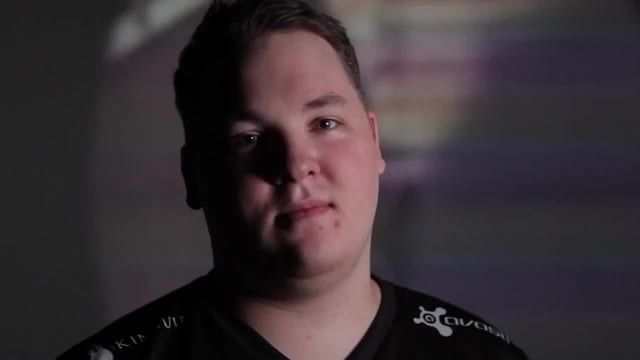
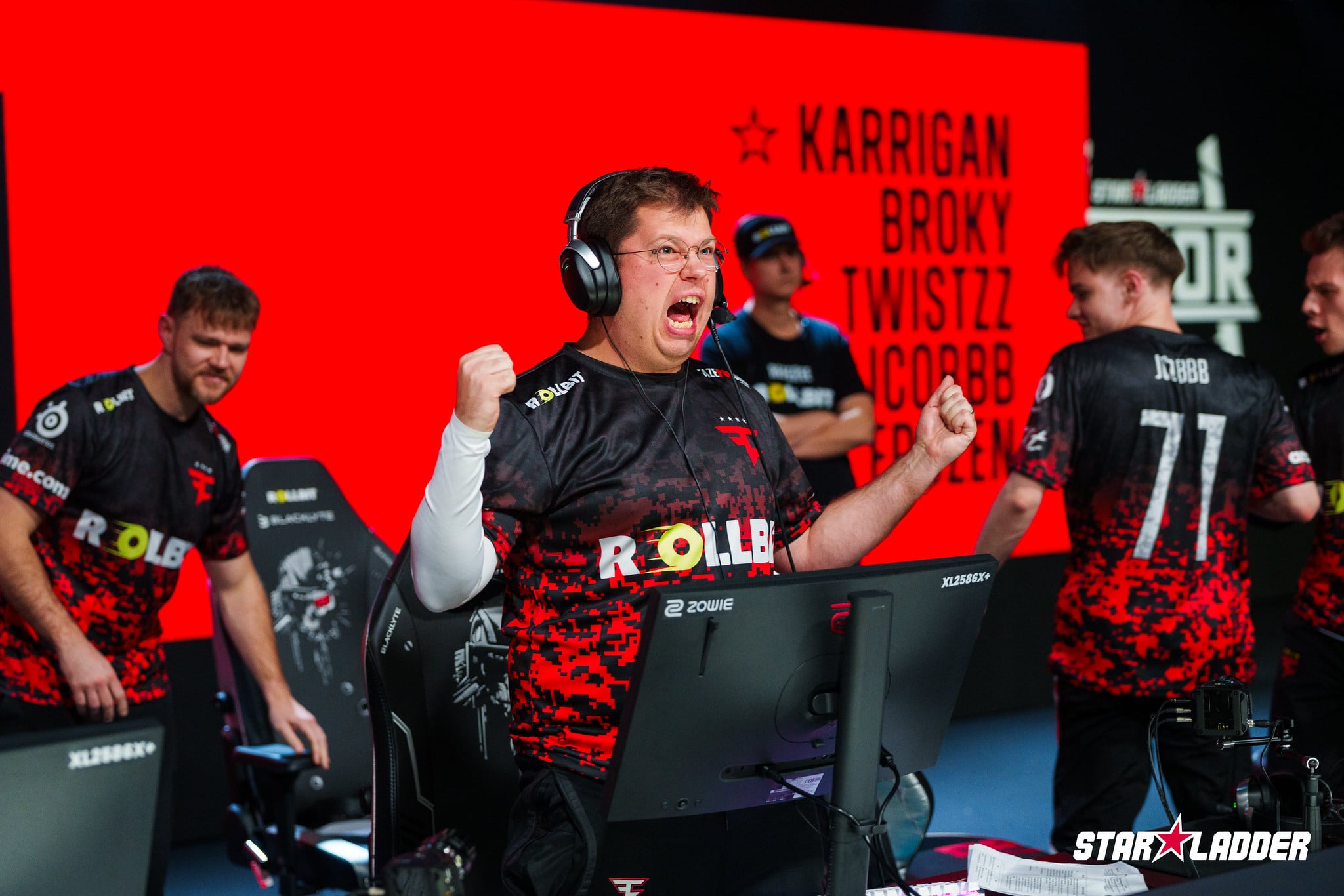
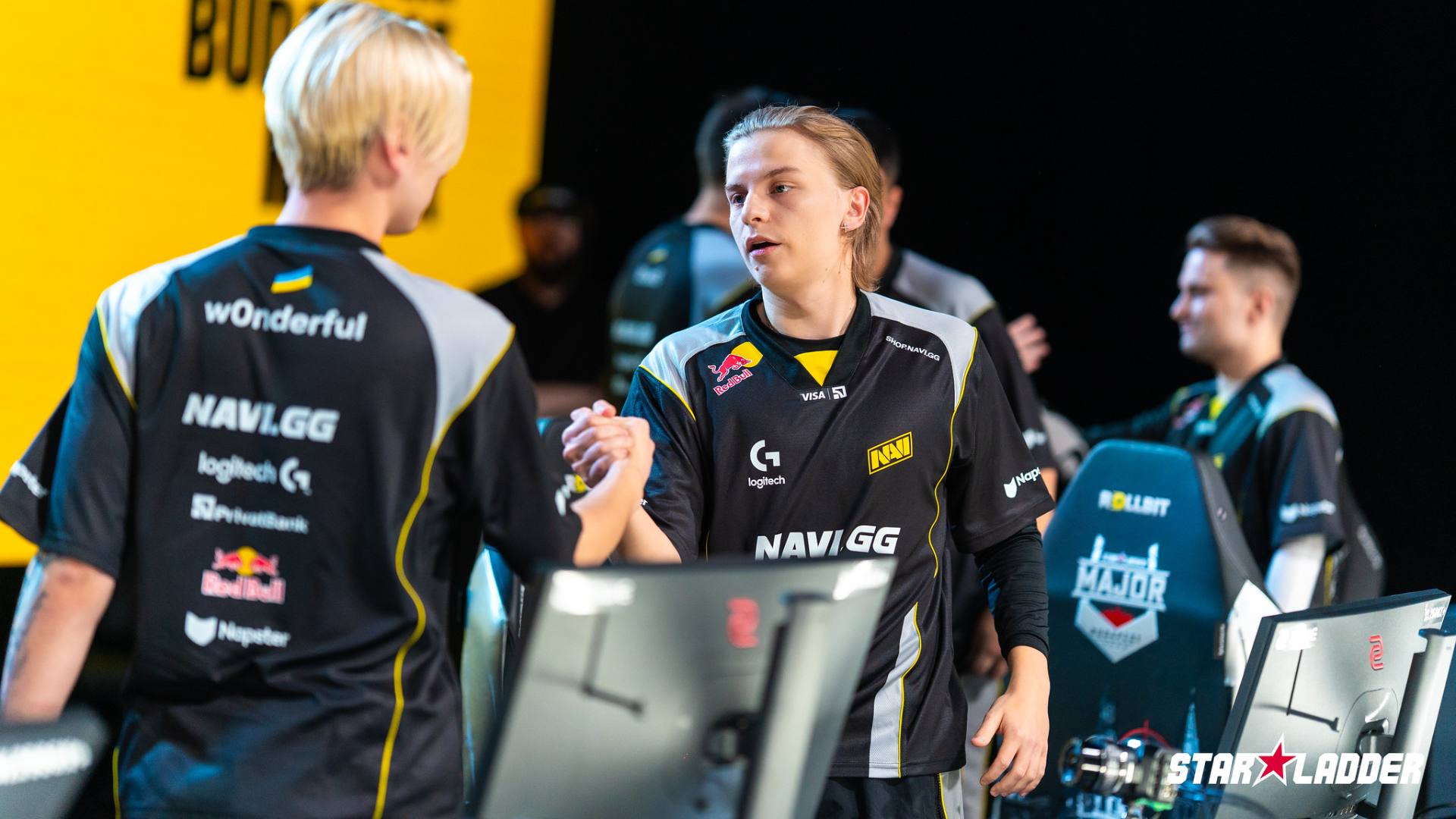
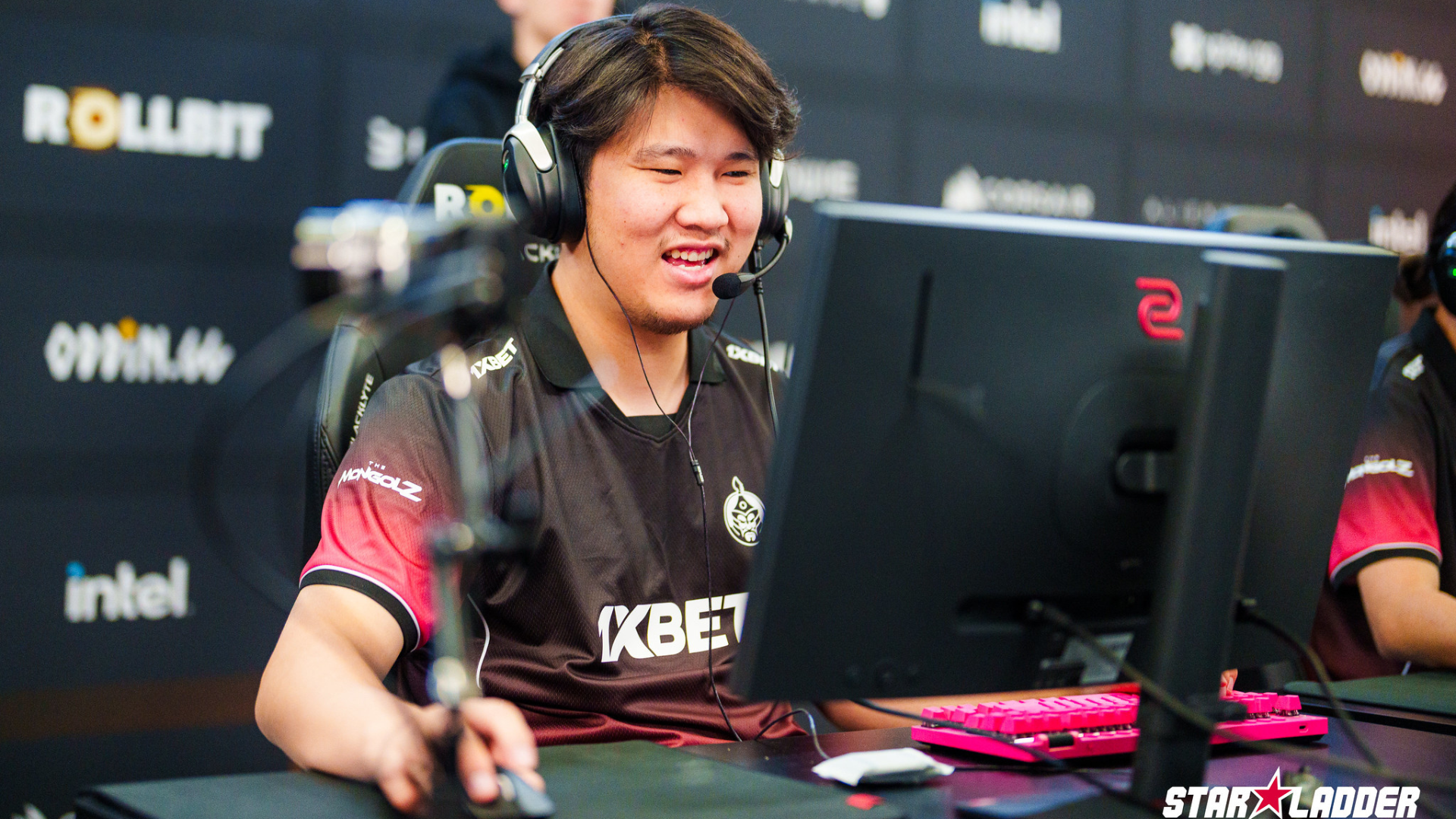
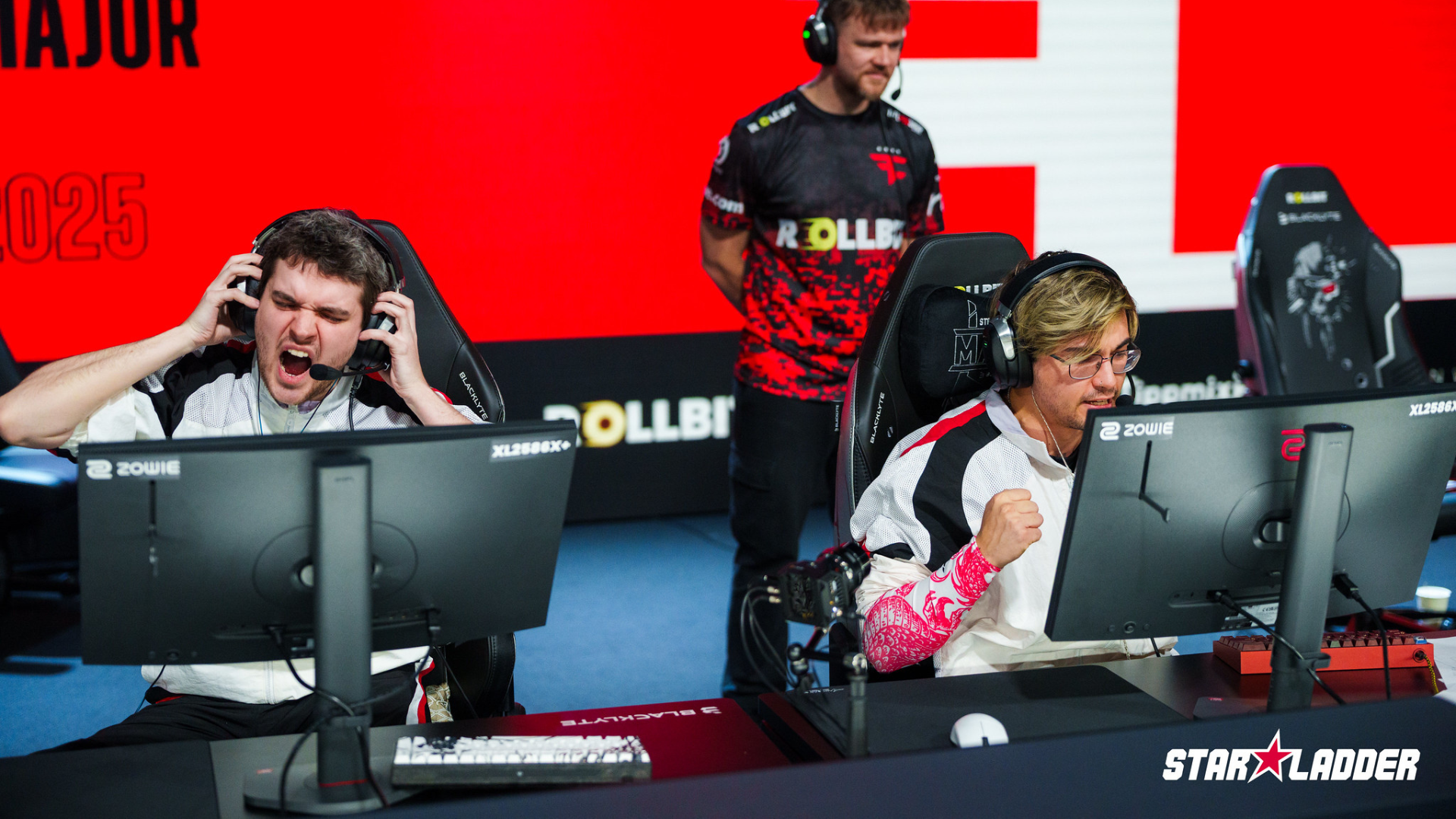
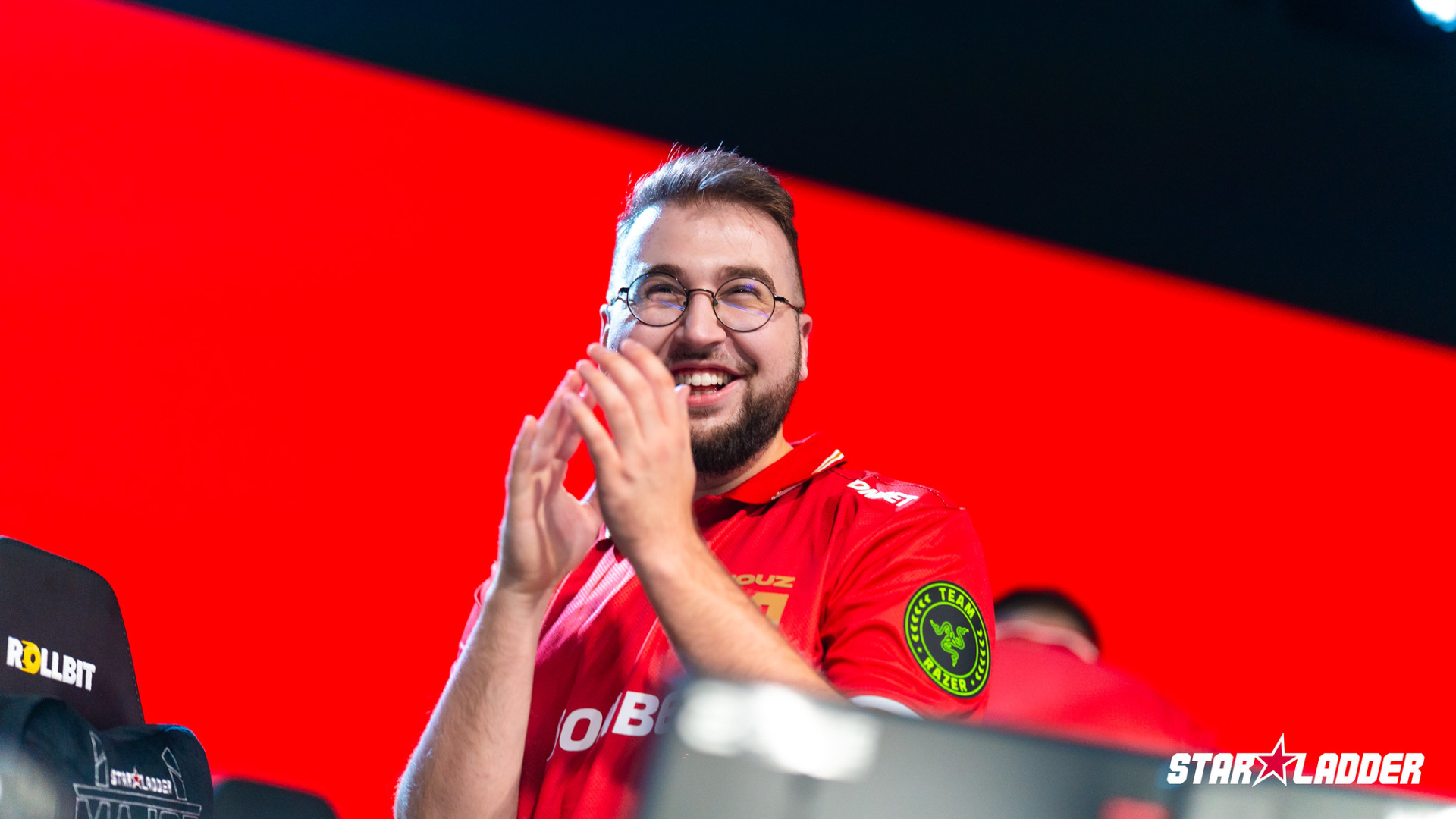
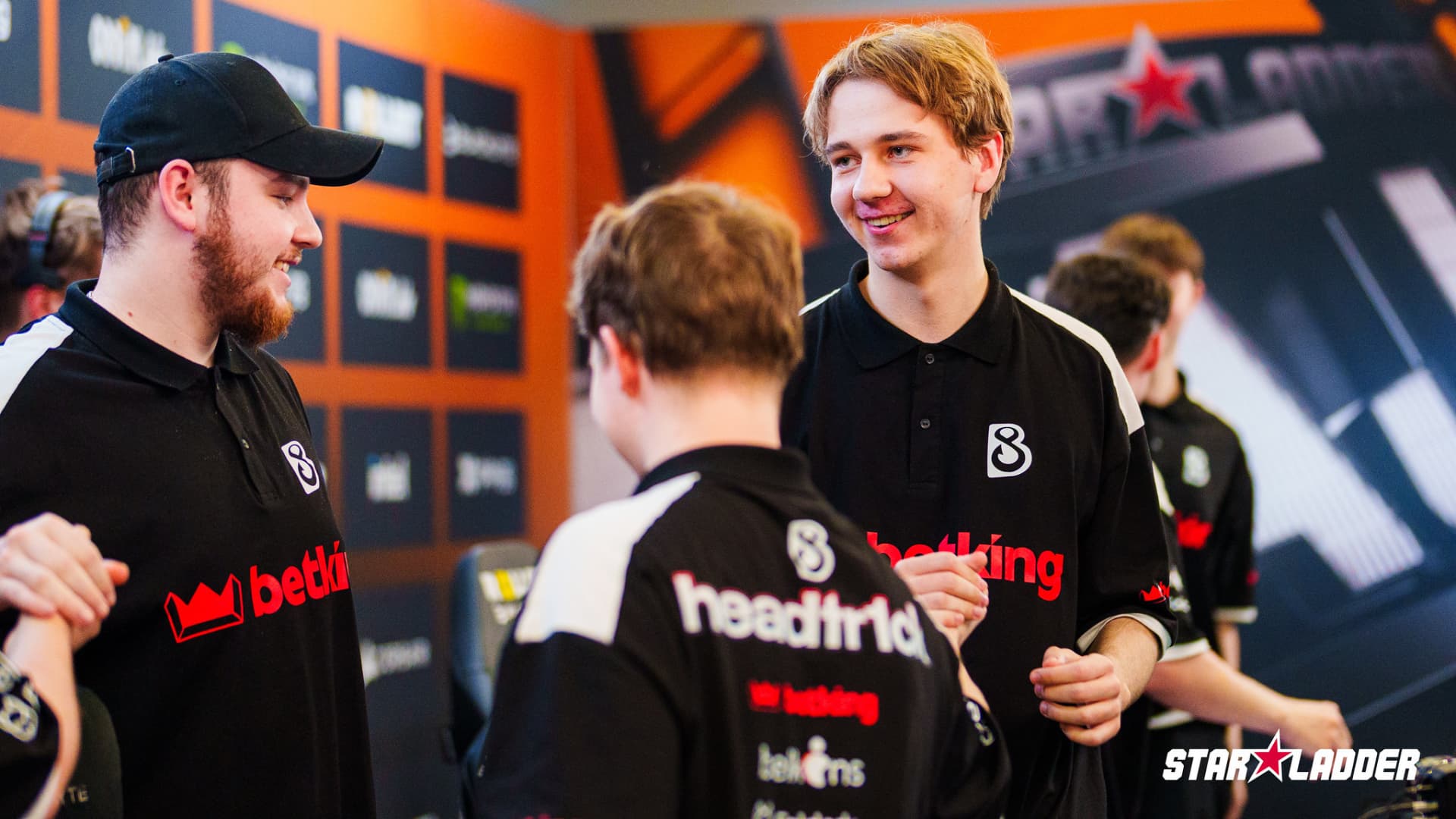
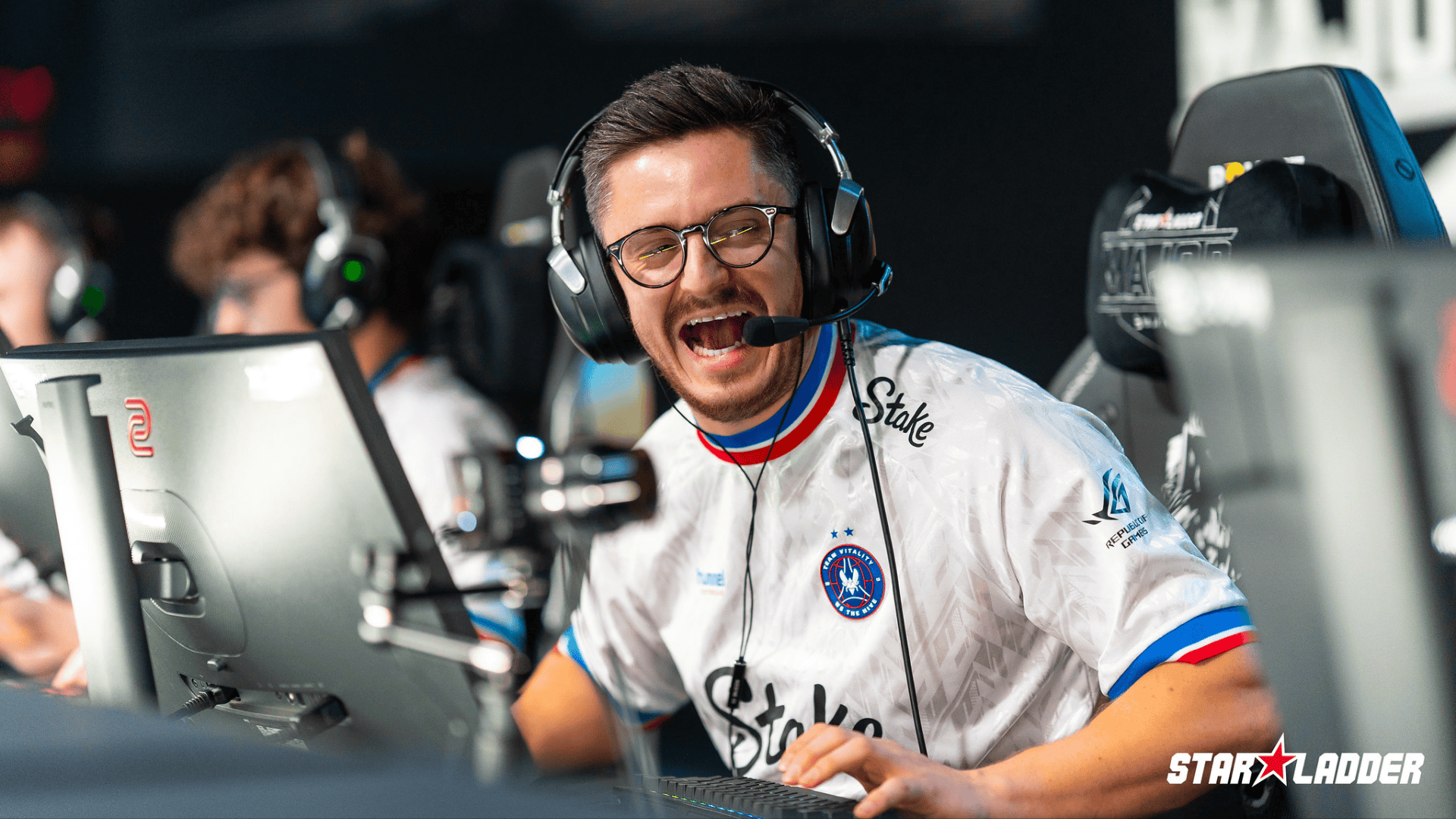
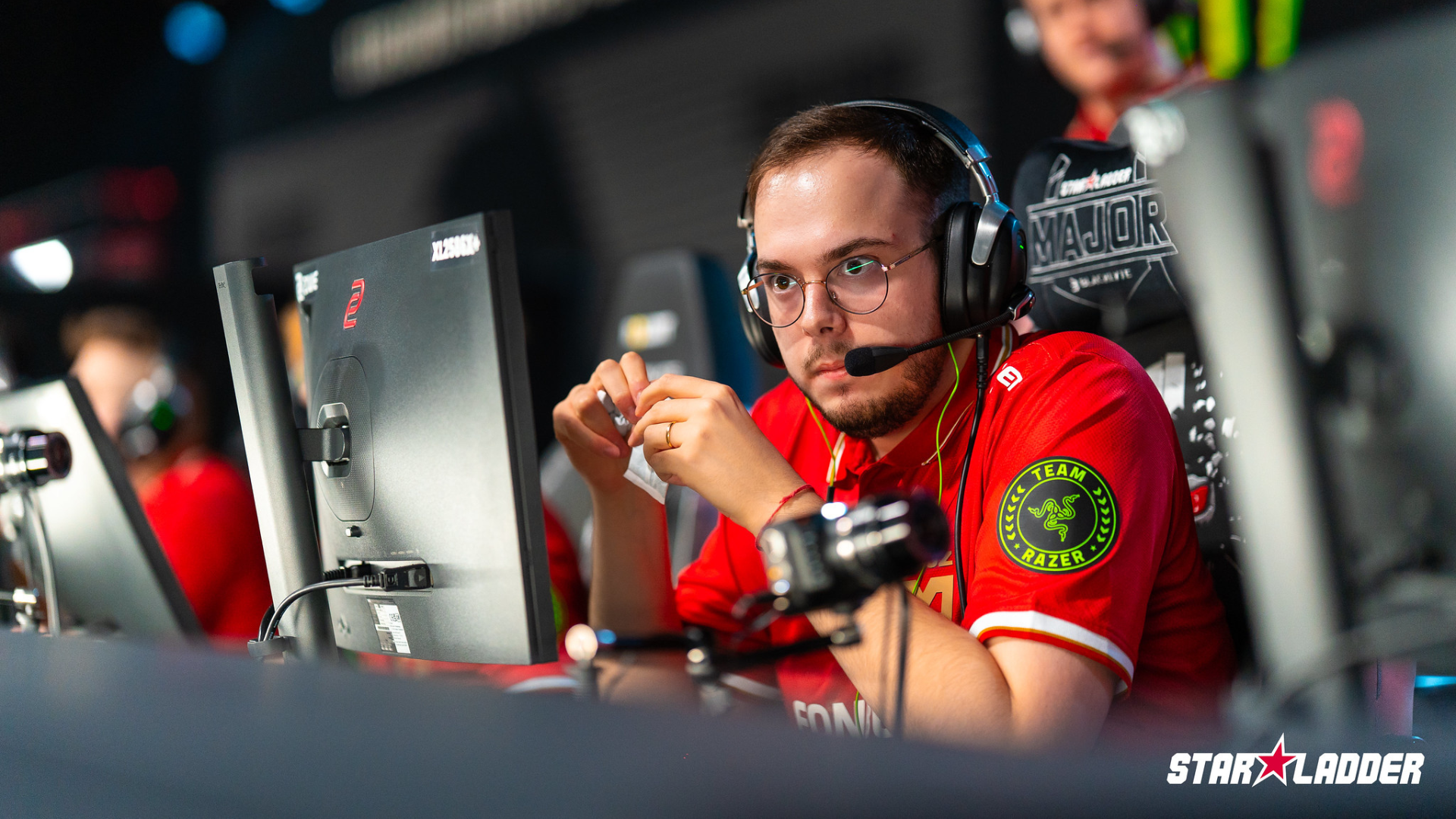
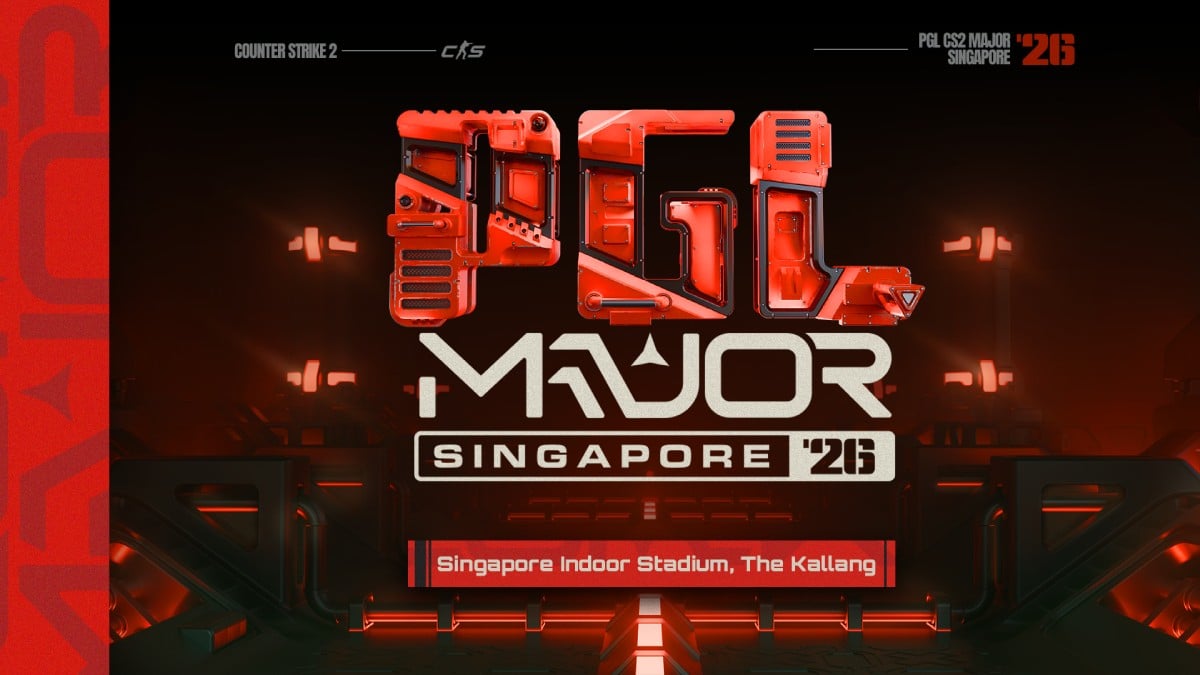
Published: Jun 12, 2016 04:59 am